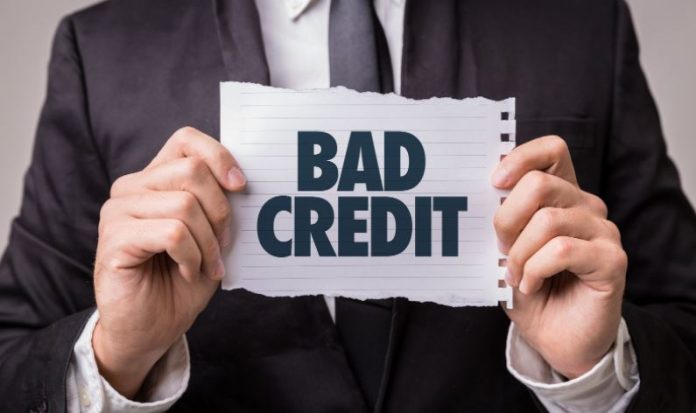Table of Contents
Bad credit can have a wide range of negative consequences. For example, it makes it far more difficult to get loans in the future. Lenders are more inclined to accept persons with high, strong credit ratings because they are thought to be a safe bet for making timely repayments.
Finance firms are suspicious of anyone with a track record of failing to pay on time and, as a result, are less likely to give reasonable rates – and may even refuse to grant a loan – to anyone with a terrible credit history. That’s why getting a car with bad credit may be an impossible dream, except you visit Carplus for consultations on this matter. However, you can always improve your score and get far better loan terms.
This was a brief topic overview. But let’s dive into the details to explain how to avoid getting a bad credit score and what you can expect if you already have it.
What Leads to a Bad Credit Score?

Bad credit isn’t made up overnight. It piles up slowly and eventually hits you on your reports. It is best to avoid these actions to keep your head above the waters.
- Setting up new accounts regularly. Opening a new bank account should only briefly affect your credit score – but if you do it too frequently, your score won’t have time to rebound.
- Being on the verge of exceeding your credit limit. Try not to max out your credit card or spend your full overdraft, as this may give lenders the impression that you are too reliant on credit or in financial hardship.
- Excessive credit application. Regardless of whether they are successful, multiple credit applications can have a detrimental impact on your credit score. This is because each program records a hard search on your report. Make an effort to only apply for credit that you are eligible for.
- Payments have gone unpaid. If you fail to make a series of monthly payments to lenders, your report may show a default. This might have a substantial impact on your credit score for up to six years.
- You are borrowing more than you can afford to pay back. If you cannot repay your obligations, you may be required to get a Debt Relief Order or an Individual Voluntary Arrangement. Lenders can also try to recoup money owed to them by obtaining a County Court Judgment against you or declaring you bankrupt. Any of these incidents can lower your credit score dramatically, making it impossible to borrow money or even establish a bank account in the future.
- In the absence of credit history or having very little of it, your credit score will most certainly be poor. This is because lenders want to see a track record of responsible borrowing, which helps them determine if you’re likely to repay them on time. Fortunately, there are several simple things you can do to improve your credit history.
How Does Credit Score Affect Your Car Finance?

If you want to buy a new automobile, there are numerous different forms of car loans available, but regardless of which one you pick, obtaining a credit check is a vital part of the process. Finance businesses want to know about your credit history so that they can determine your creditworthiness.
As with any other financial services provider, your credit score will determine the amount of money you may borrow. There is no specific credit score that can guarantee you a loan. In truth, it is entirely subjective, and some people with poor credit will be able to obtain auto financing. However, when considering automobile leasing alternatives and payments, the score does make a difference.
It displays information such as when you applied for credit, how many credit applications you’ve made, how much you owe, if you’ve paid all of your repayments, or if any have been skipped. Any debt relief orders (DROs), CCJs, IVAs, or bankruptcies will also be listed. In a nutshell, it notifies a lender about your financial service history and how you’ve dealt with credit in the past.
While you may still get a loan with a bad score, the terms aren’t likely to be favorable. First, you can expect to pay higher fees as your interest rate will be increased. Secondly, you may be granted a borrowing for a shorter period compared to those with a good credit score. And finally, the bank may ask for collateral to safeguard itself in the case you stop paying.
Conclusion
Although it is unquestionably simpler to obtain auto financing with a decent credit score, financing with negative credit is doable. There are a lot of professionals who devote their lives to help you find a loan even with a bad score or to help you improve your standing.
You might also look into guarantor vehicle financing. The guarantor’s promise to repay the personal loan if you default lowers the lender’s risk and may help you get approved for auto financing. Since, unlike some other countries, credit score matters in the UK, do your best to keep it as high as possible. Avoid borrowing too much, always repay the monthly installments, and keep decreasing your business loans.






































